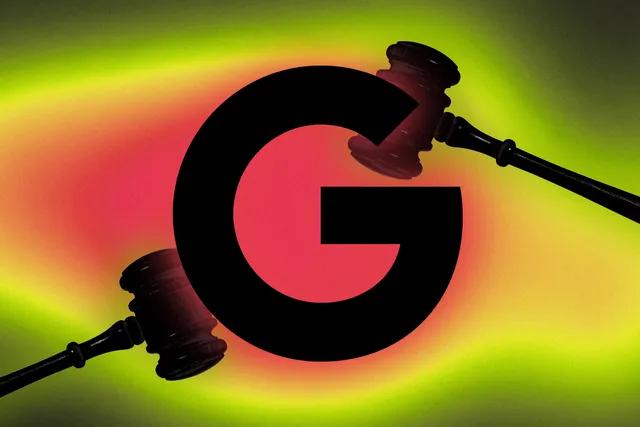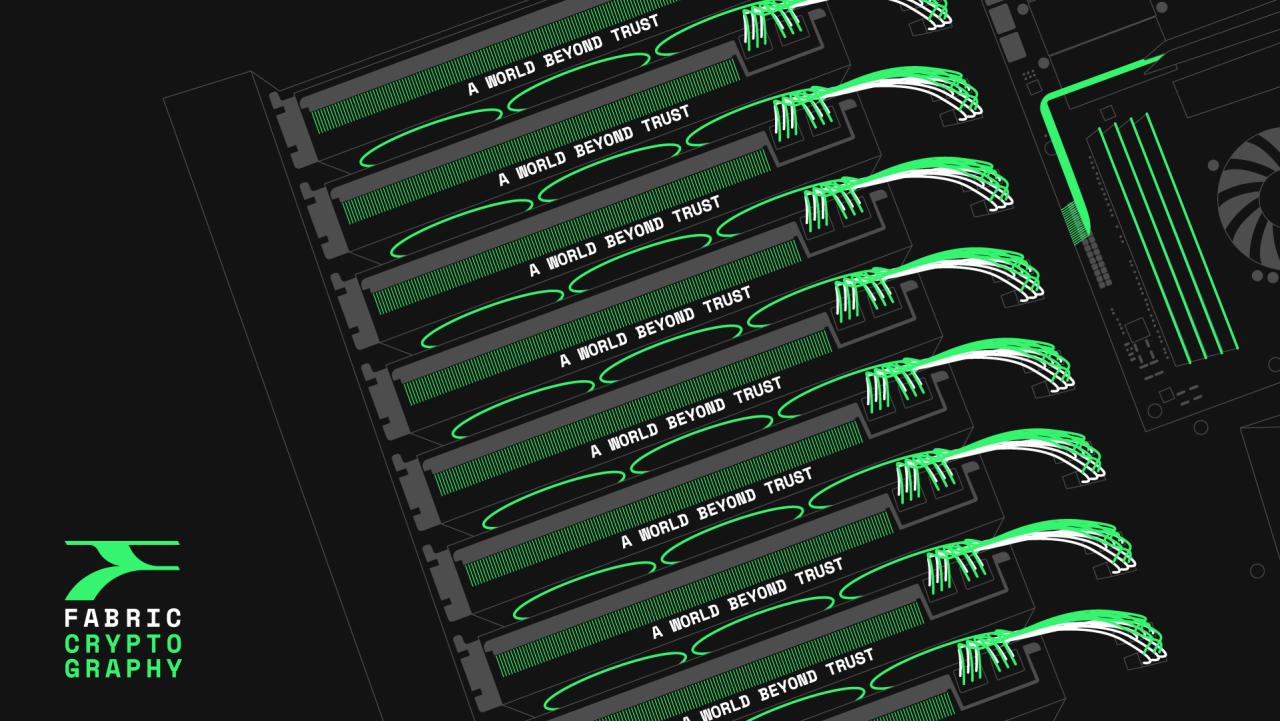|
|
 |
We have entered the world of sci-fi. There must be guardrails.
— Colorado Rep Cathy Kipp on the rise of neurotech
|
|
|
Welcome to Snippets 👋 Google's sigh of relief, stemming from the dismissal of a 2020 lawsuit alleging illegal data collection on the Chrome browser, was cut short after a federal appeals court judge reversed that dismissal—kicking the case back to the lower courts.
Plus, a vintage credit card law has reemerged in a string of new privacy lawsuits, the surge in neurotech may spark new legislative trends, part of California's Age-Appropriate Design Code Act was blocked in court, and more.
|
|
|
|
|
Court revives Google lawsuit on Chrome data collection
|
 |
|
Illustration by Cath Virginia / The Verge
|
A federal appeals court has overturned a 2022 ruling that had dismissed a class action lawsuit against Google—a lawsuit which accused the tech giant of collecting user data on the Chrome browser without proper consent.
|
- According to the suit, Google collected browsing history, IP addresses, and other data from Chrome users, even if they hadn't enabled Chrome Sync, a feature that saves information across devices.
- In 2022, Google’s lawyers argued that users had agreed to the collection by agreeing to Chrome’s privacy policy, a logic that was accepted by the judge who granted the dismissal.
- When reversing that decision, the appeals court judge questioned “whether a reasonable user reading [those disclosures] would think that he or she was consenting to the data collection.”
- The case will now move back to the lower courts for further consideration.
|
|
|
|
|
|
|
How next-gen consent management transforms businesses ⚡
|
|
As the regulatory patchwork expands and customer trust is increasingly influenced by a company’s privacy practices, businesses are beginning to realize the true value of next-gen consent management solutions.
Read our latest guide to explore how industry-leaders like GoFundMe, HelpScout, and True Search have leveraged Transcend Consent Management to enable innovation with trusted, compliant data.
|
|
|
|
|
|
|
|
Applying old laws to new realities
|
 |
|
weerapatkiatdumrong/ Getty Images
|
A 53-year-old California law, the Song-Beverly Credit Card Act (SBCCA) of 1971, is fueling a string of privacy lawsuits against major retailers, including Patagonia and Macy’s.
|
- Originally, the SBCCA was intended to limit retailers’ collection of credit card users’ personal data during in-store purchases.
- Now, it’s being invoked in regards to data collection during online transactions, with lawsuits accusing retailers of tracking purchasers using their IP address and telephone number.
- Despite the fact that IP addresses are still a legal gray area, some experts feel the complaints are trying to force an old law onto a reality where it doesn’t quite apply.
|
|
|
|
|
|
|
|
Neurotech is growing, with legislation sure to follow
|
 |
|
Nomadsoul1 | Istock | Getty Images
|
As more products with the potential to capture and sell brain data hit the market, some states have started to introduce mitigation measures.
|
- Colorado, for example, incorporated biological data into the official definition of sensitive data.
- Despite these regulatory green shoots, the fact that 29 of 30 wearable technology manufacturers in a recent study were found to “provide no meaningful limitations to [brain data] access” suggests the need for further controls.
- With technology advancing quickly and the market set to double over the next five years, some experts predict neurotechnology will experience a moment of explosive growth, similar to generative AI.
- Colorado’s Consumer Protection Act has highlighted the pressing need to regulate brain data, which can disclose a range of sensitive information, such as memories, thoughts, and intentions.
|
|
|
|
|
|
|
|
- Has Microsoft recalled Recall?
- Scientist Jonathan Frankle talks AI ethics and policy.
- Publishers vs. the American Privacy Rights Act.
- Plaintext passwords may have caused NPD hack.
- Indiana AG drops lawsuit for patient privacy breach.
|
|
|
|
|
|
Kids online safety act partially blocked in California
|
 |
|
Cath Virginia / The Verge | Photo from Getty Images
|
Citing First Amendment concerns, a federal appeals court partially upheld a ruling that blocks a key provision of the California Age-Appropriate Design Code Act.
|
- In addition to the partial block, the court criticized the data protection impact assessment (DPIA) requirement and sent other parts of the law back for further review.
- The court's ruling aligns with previous decisions against state-level internet regulations, supporting arguments for free expression and challenging excessive content moderation demands.
- California Attorney General Rob Bonta viewed the ruling positively, while tech lobby NetChoice celebrated it as a win for free speech and online security.
|
|
|
|
|
|
|
|
One startup’s mission to make encryption ubiquitous
|
 |
|
Fabric
|
In a bid to reconcile companies’ reliance on user data with their struggle to protect it, hardware startup Fabric Cryptography is on a mission to empower universal encryption using modern cryptographic techniques.
|
- These techniques include zero-knowledge proof, a method that corroborates statements without revealing additional information, and homomorphic encryption, which allows coded data to be computed without accessing the secret key.
- To prove out their concept, Fabric built a custom RISC-V chip, which they claim has the processing power to make homomorphic encryption ubiquitous.
- With $39 million raised across their Seed and Series A rounds, the startup claims to have already received “tens of millions of dollars in preorders.”
|
|
|
|
|
|
|
Explore Transcend full-stack consent management ⚡
|
|
When it comes to shielding the company from risk, privacy teams are often forced to say “No” to other business units when they ask for approval on projects that won’t meet regulatory standards.
One way privacy teams can flip this paradigm – shifting from being seen as a cost center to driving clear business value – is to deploy comprehensive consent management to increase the amount of compliant data the business can use.
Find out how Transcend can help in our latest guide.
|
|
|
|
|
|
|
|
|
Snippets is delivered to your inbox every Thursday morning by Transcend. We're the platform that helps companies put privacy on autopilot by making it easy to encode privacy across an entire tech stack. Learn more.
|
|
|
|
You received this email because you subscribed to Snippets. Did someone forward this email to you? Head over to Transcend to get your very own free subscription! Curated in San Francisco by Transcend.
|
|
|
|
|
|